Common Ofsted Questions Answered: A Summary for Early Years Professionals
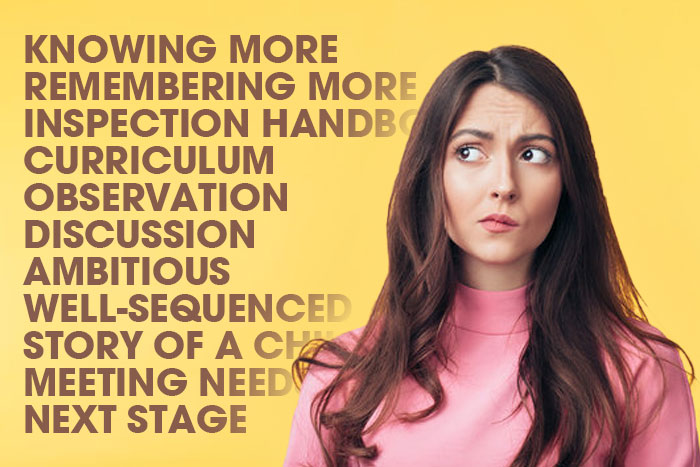
For nursery owners, managers, and early years professionals, navigating the intricacies of Ofsted inspections is a vital part of providing quality childcare and education. In this article, we will delve into a series of informative videos presented by Sam Sleeman-Boss, the Early Years Regulatory Inspector and Early Education Quality and Practice lead at Ofsted. Sam has shared valuable insights on frequently asked questions regarding early years inspections, and we're here to distil this knowledge for you.
Below is an overview of what is spoken about in each of the six new videos.
If you have time, you may want to watch through the videos here: https://www.youtube.com/playlist?list=PLLq-zBnUkspO6b7cfXTHoQGeeaQ0P903d
When will I have my early years inspection?
Ofsted's early years inspections vary in timing. Childminders and day nurseries newly registered on the early years register will typically be inspected within 30 months of their registration date. The timing of subsequent inspections depends on the provider's previous judgement:
- Providers judged "good" or better are inspected within a 6-year window.
- Providers judged to "require improvement" at their last inspection are reinspected within 12 months.
- Providers judged "inadequate" are reinspected within 6 months.
When inspecting group provisions, a call is typically made around midday on the working day before the inspection. For childminders, they are usually notified no more than 5 days before the inspection.
However, inspections can sometimes occur without prior notice, especially if a provider was judged as inadequate in the previous inspection or if there are concerns about the childcare being provided. In all cases, inspectors will identify themselves upon arrival, show their Ofsted badge, and provide identification for verification.
How will inspectors look at leadership and management?
Inspectors evaluate leadership and management by assessing how leaders and managers understand the quality of their provision and identify areas for improvement. They are interested in your assessment of the quality of education and care you provide and how well you meet children's needs.
Ofsted will consider:
- How well you evaluate your provision
- What you can do to improve or maintain high standards
Inspectors observe various aspects, including:
- Children's learning
- Care & teaching taking place
- Safety and suitability of premises
They also discuss how you consider parents' views and children's progress, as well as your use of:
- Performance management
- Training
- Continuous professional development.
The above points will be considered in relation to identifying your own strengths and identifying areas of improvement within your setting.
Inspectors assess how you:
- Focus your support your staff
- Particularly in enhancing children's vocabulary and preparing them for future success.
- how you engage with staff
- How you help staff manage any pressures
- What’s the impact on children's well-being, learning and development?
During inspections, leaders meet with inspectors at agreed times, and during unannounced inspections, arrangements are made on arrival. Inspectors aim to observe your normal operations, so they don't expect you to change your routines or be immediately available for discussions. The goal is to gather evidence to make an accurate judgement about leadership and management throughout the entire inspection process.
How will inspectors prepare for my inspection?
In the video, Sam discusses how inspectors prepare for an inspection. They explain that the process is guided by the Early Years Inspection Handbook which outlines various considerations, such as:
- Why Ofsted are conducting an inspection
- Whether the inspection is announced or unannounced
- Which registers the provider is on
Ofsted will also consider:
- Details of any concerns they have received (specifically those they have asked to be followed up by the provider)
- Previous inspection reports
- Any areas for improvement raised at the last visit
- Your website
Inspectors will make any updates to the information about your setting and agree any changes with you at the start of the inspection, if they haven’t already done so during the notification call.
Do I have to use ‘Development Matters’?
It’s up to you how you inspect children’s progress, inspectors won’t ask to see any internal tracking or assessment information.
Sam states that the inspection handbook is very clear and sets out how they gather evidence during an inspection.
Ofsted will assess children’s progress through Observation and Discussion. Inspectors will want to find out about the story of a child. This includes:
- What they knew and could do when they started with you
- What they can do now
- How you helped them to learn it
- What you want them to learn in the future so they are ready for their next stage
They say that you “may find it useful to use ‘Development Matters’ but we do not inspect against this as it is non-statutory guidance.
When an inspector writes your report, they won’t usually reference which specific guidance you use.
Ofsted will report on how well you are providing the curriculum for all children.
Ofsted do not expect to see documentation other than that set out in the EYFS
Inspectors will use what you, your staff and parents tell them, as well as their own observations to judge the overall quality of the curriculum provided.
Do I need a curriculum map?
No - you do not need a curriculum map.
- The EYFS educational programmes provide the framework for the curriculum.
- It’s up to you as a provider to decide how to expand, extend and broaden these.
- You can decide what guidance you use to develop and shape your curriculum.
Inspectors will want you to tell them how you design an ambitious and well-sequenced curriculum that prepares your children well for the next stage of their education.
Ofsted are interested in:
- What you want children to learn (and why)
- How you’re helping children to know more
- How you’re helping children to remember more
- How you know you have been successful
The video emphasises that "knowing more and remembering more" applies to all areas of learning in the EFS, not just academic subjects. For example, physical development, such as knowing how to balance on a wheel toy or when to use the toilet, is as important as cognitive development.The inspection handbook makes it clear that your curriculum planning or curriculum thinking doesn't need to follow a specific format. You have the flexibility to decide what works best for your setting and how you communicate your educational goals to others.
How will inspectors consider the progress children make at my setting?
In the video, Sam explains how inspectors evaluate the progress made by children at a setting. Progress, in this context, refers to children:
- Knowing more
- Remembering more
- Being able to do more of what they are expected to learn while at the setting.
Sam explains that progress might mean:
- Knowing the sounds of farm animals
- Knowing that an oven gets hot
- Knowing countless words
- Knowing what facial expressions suggest
It also may mean “Know How”, such as:
- Knowing how to hold a pair of scissors
- Knowing how to catch a ball
- Knowing that we should take turns and how to do so
- Knowing how to dress and undress a doll
- Knowing how to hold and turn the pages of a book
It could also include knowing behaviours and habits for the future, such as:
- Knowing phrases such as “kind-hands” and “tidy-up time”
- Knowing to listen when others speak
- Knowing that we sit to listen to stories
Ofsted would say these have been learned when they are remembered.
During the learning walk, inspectors will want to find out about your curriculum and what you want the children to know while they are with you.
Ofsted will want to know:
- Children have made progress
- Children know and remember what you want them to learn
Other Articles
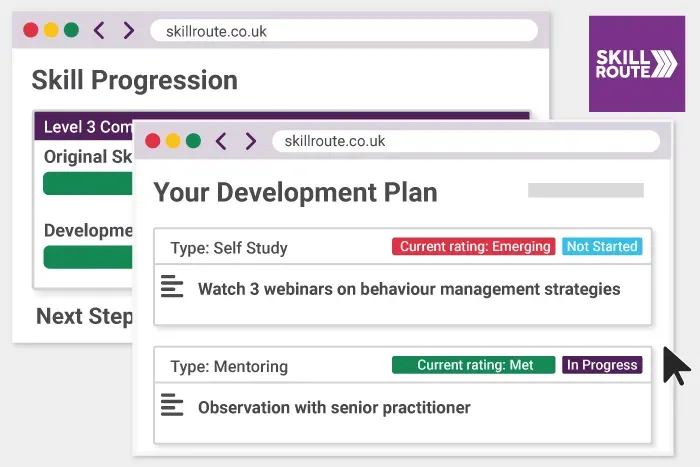
Can My Level 2 Staff Be Left Alone with Children? (2025 Ratio Rules Explained)
May 21, 2025
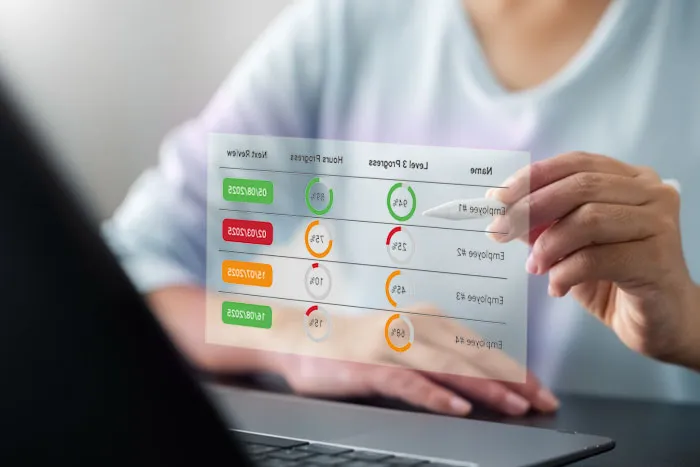
Understanding Ofsted's New Experience-Based Route for Early Years Staff
February 5, 2025
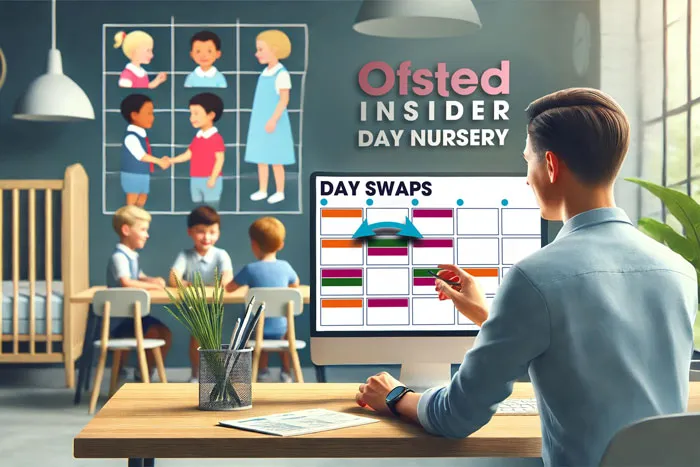
Are Day Swaps a Good Idea for Your Nursery? A Guide for Owners and Managers
December 11, 2024

Ofsted’s Grading Changes: Impact on Nurseries
September 3, 2024

Nursery Staff Meeting Activities: Scenario Analysis and Role-Play
June 18, 2024
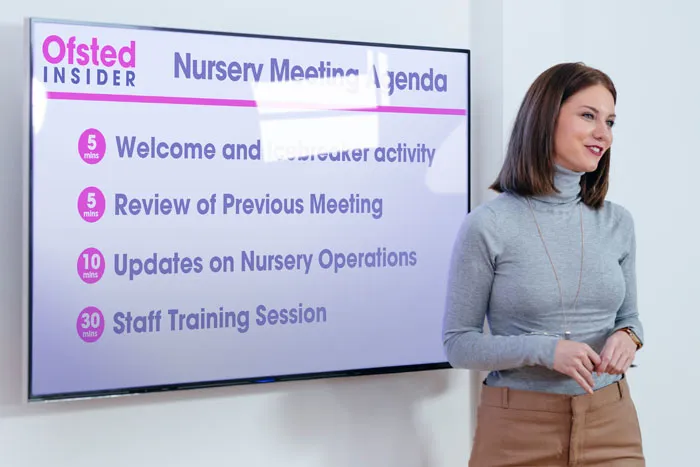
How to Write a Staff Meeting Agenda for Nursery Settings
June 18, 2024
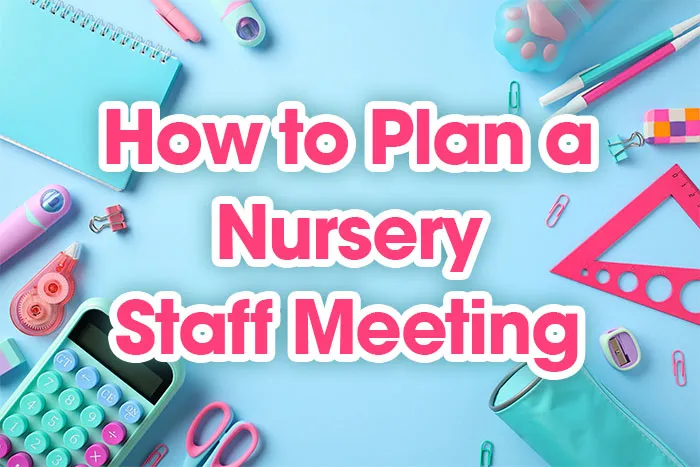
How to Plan a Nursery Staff Meeting
June 18, 2024
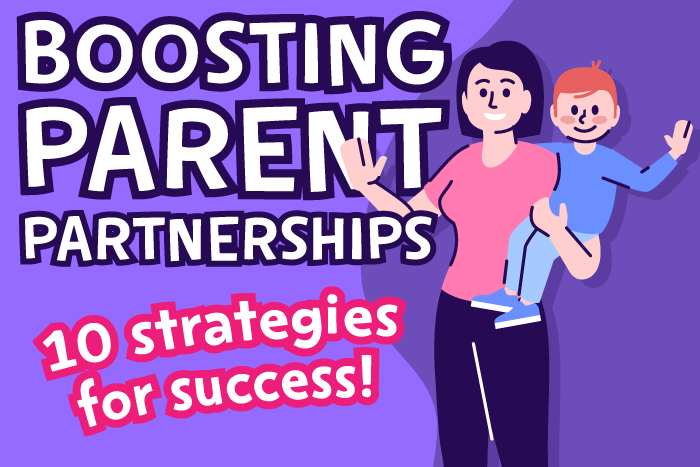
Boosting Parent Partnership: 10 Strategies for Nursery Success
May 10, 2024
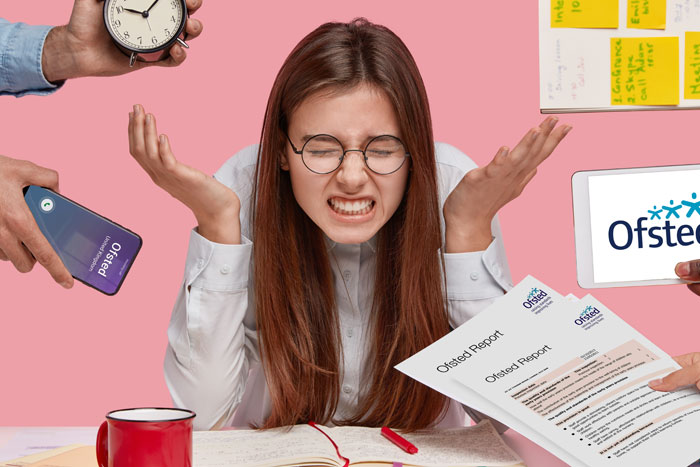
EYFS 2024: What's Changing? Find out and take the quiz!
November 25, 2023

White Noise for Sleeping Babies: Pros, Cons, and Tips
October 24, 2023
 © Copyright 2021 - 2025. All rights reserved.
© Copyright 2021 - 2025. All rights reserved.